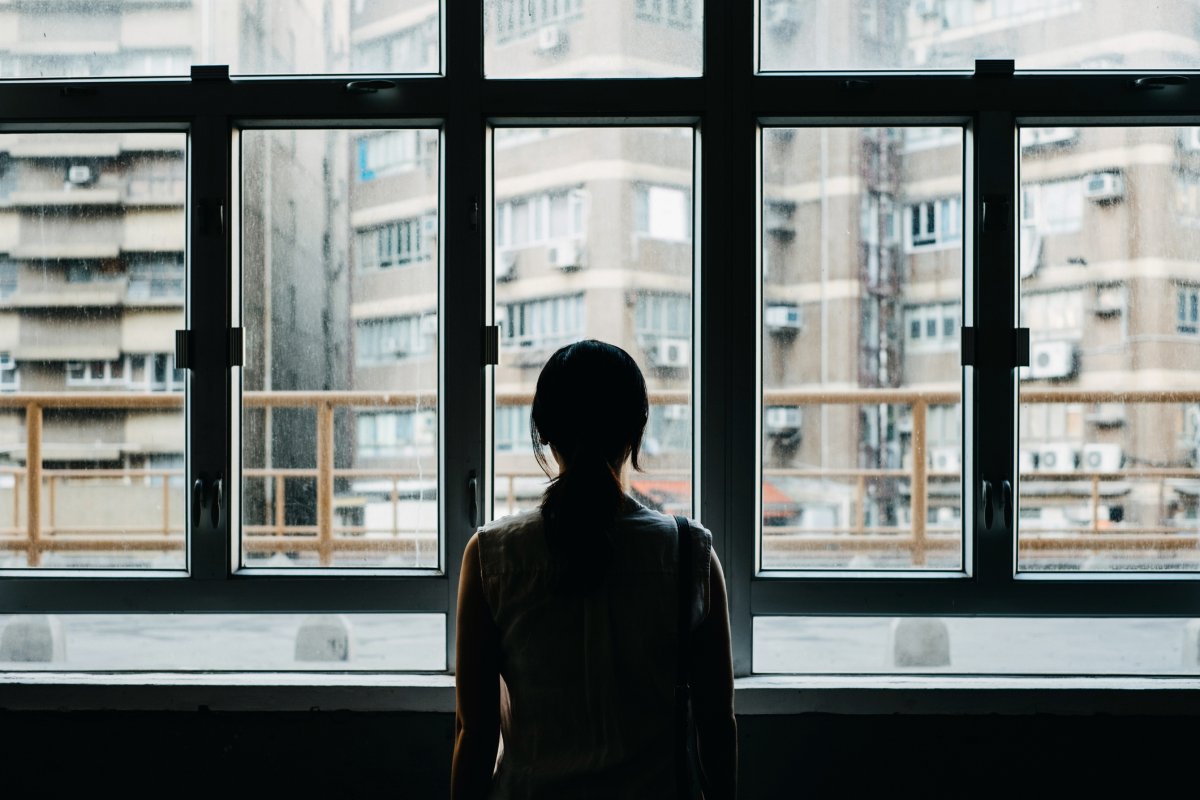More than half of Canadian women said they know another woman who has been sexually harassed, according to new findings from Plan International Canada.

As part of an awareness campaign for Sexual Assault Awareness Month in April, the organization released new data on the prevalence of sexual harassment in Canada. A report from February by Plan Canada found more than six in 10 women reported experiencing gender discrimination.
The newest data suggests that not only do Canadian women know other women who have experienced sexual harassment, but only 20 per cent of women think “people in power” would take action if they witnessed and reported sexual harassment.
READ MORE: COMMENTARY — Women are four times more likely than men to experience sexual assault at work
Cassandra Pilla, a gender equality advisor at Plan International Canada, told Global News this figure is concerning, adding that it shows how normalized sexual harassment is for young women and girls in particular.
WATCH: Why the first woman to sue the RCMP for sexual harassment wanted to be a Mountie

She added that others don’t believe anything will happen if they report harassment.
Although it’s been a year and a half since the rise of the #MeToo movement, there have been some positive changes. A previous report from Statistics Canada noted that since then, there has been a spike in police-reported assaults.
Sexual harassment continues to be a problem
And yet, both sexual assault and harassment continue to be a problem and many do not report their experiences, experts said.
Paulette Senior, president and CEO of the Canadian Women’s Foundation, said research done by various organizations shows harassment is still an issue Canadians haven’t fully tackled.
“These findings confirm what the Canadian Women’s Foundation and organizations working across Canada have seen: sexual violence, including sexual harassment and assault, remains an ongoing problem in our communities,” she said in a statement to Global News. “It’s a widespread issue — our 2018 survey found that Canadians’ understanding of consent has actually decreased since 2015.”
The survey found only 28 per cent of Canadians fully understood how to give and get consent in 2018, compared with 33 per cent in 2015.
“We know too many women and girls experience sexual assault and harassment, and some experience even higher rates of violence due to issues such as transphobia, racism, and ableism,” said Senior.
What needs to be done?
When it comes to ending sexual violence, Senior said there are several things the country needs to do as a whole.
“Canada needs to invest in prevention and rebuilding and improving lives affected by violence,” she said, such as funding youth violence-prevention programs and other programs that support women and their children to rebuild their lives after violence.
“We need the support of government, businesses and the public, too,” she continued. “Government has to set school curricula on issues like consent and respect as well as create policies and programs on all forms of gender-based violence. Businesses have to cultivate violence-free environments and implement policies and programs to help employees report and get support.”
READ MORE: Amnesty puts numbers to what women have said for years — Twitter lets their abuse go unchecked
And Canadians on their own can also help.
“We all have to talk about real consent and respectful relationships. And where we live, work and play, we have to challenge disrespectful behaviour and ideas about women and girls that put them at risk of abuse and that stop them from reporting when they’re harmed,” she said.
Pilla added that it’s also about addressing the root causes of gender inequality, toxic masculinity and why the normalization of harassment is so persistent.
There’s still a notion that if a person is sexually harassed at a bar or club, or even if they get unwanted sexual attention from a boss, it shouldn’t be shocking or surprising.




Comments